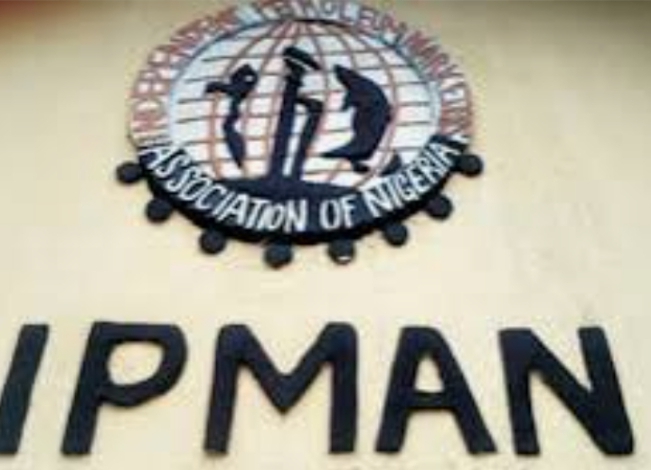The current scarcity and high cost of petroleum products in Akwa Ibom has been attributed to lack of supply from the National reservoir to Nigerian National Petroleum Corporation (NNPC) Calabar depot for over 3 months now.
Mr Okwchukwu Uwazie, the Unit Secretary of Independent Petroleum Marketers Association of Nigeria (IPMAN), stated this in an interview with newsmen in Eket on Saturday.
He said that “for over three months running, the Calabar depot has not received a drop of any petroleum product from Nigerian National Petroleum Company Limited”.
“Some petroleum marketers collected money from the bank and tied it down at NNPCL, waiting for products which is not forthcoming and the bank interest of the loan is accumulating”, he lamented.
Nwazie averred that no reason was given by NNPCL for the unavailability of products.
He said that the Nigerian National Petroleum Company Limited gives Nigerians the impression that there is enough petroleum product in circulation across the country when actually the product is not enough for the country.
“The public may think that the problem is from IPMAN but the truth is that we have not been serviced with products for the past three months.
“If there is availability of products we will sell same to the public at the given price to avoid human suffering.
“The Federal Government and the Akwa Ibom Government should demand from NNPCL why for over three months running there is no supply of products to Calabar depot from where Akwa Ibom gets its supply”, he said.
On the high cost of fuel in the state, Mr Nwazie said, “the private depot in Port Harcourt and Calabar sell fuel to marketers at the rate of seven hundred Naira per liter.
“When the marketer pays N600,000 for a truck that will lift it to Akwa Ibom, how much will he sell to the public”, he asked.
He revealed that the normal price of fuel from the depot should be N507.70k per liter which informs why retailers sell to the public at N650 or less per liter.
“But when the product arrives filling stations at a price above #700, it will be sold at over #800 per liter, hence the high cost of petroleum products in the state and country.
“We have a mandate from the Federal Government to assist in checking illegal bunkering, adulteration of products, diversion and other sundry criminalities in the industry.
That’s why the Zone appointed Mr Daniel Okon as Head of task force in charge of Akwa Ibom State to check all illegallties and report to appropriate security agencies”,
“We have written letters to all security agencies in the State informing them of IPMAN’s task force headed by Daniel Okon, we want the State Government and stakeholders to give him the necessary support to succeed”, Johnson said.
Also speaking, the Zonal Chairman of IPMAN Chief Lawrence Nworah said that unless the Federal Government keeps to its promise of fixing Nigeria’s refineries, the issue of scarcity and high cost of petroleum products would continue unabated.
“As we speak, the quantity of petroleum products imported into the country is not enough for internal consumption, it is believed that the Federal Government has resumed subsidy of products.
“The Federal Government promised Nigerians that the Port Harcourt refinery will start production by Dec. 2023 but till date we are not sure of when the facility will produce petroleum products for Nigerians”, he said.
He added that the cost of petroleum products would only come down when our local refineries begins production.
“When demand for petroleum products is high and the supply does not meet the level of demand, the market forces will determine the price.
“At the moment there is not enough petroleum products in the country to meet local consumption”, Nworah said.
Nworah added that the devaluation of the naira has compounded the issue because petroleum products are imported from abroad.

